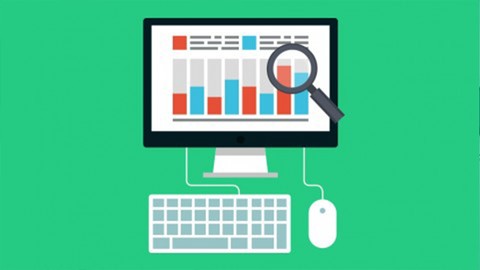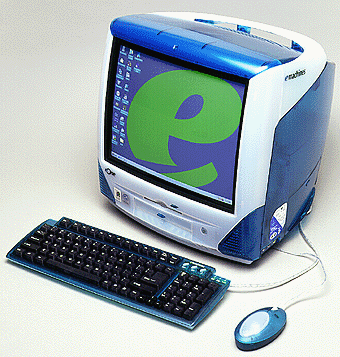Some of the most significant names in synthetic intelligence, like two godfathers of the equipment finding out increase, are betting that clever algorithms are about to rework the talents of industrial robots.
Geoffrey Hinton and Yann Lecunn, who shared this year’s Turing Prize with Yoshua Bengio for their perform on deep finding out, are between the AI luminaries who have invested in Covariant.ai, a startup establishing AI technological innovation for warehouse bin-finding bots.
Covariant.ai has developed a platform that is made up of off-the-shelf robot arms outfitted with cameras, a particular gripper, and a good deal of computer system power for figuring out how to grasp objects tossed into warehouse bins. The firm, emerging from stealth Wednesday, introduced the first professional installations of its AI-outfitted robots: finding packing containers and baggage of goods for a German electronics retailer identified as Obeta.
Choosing up daily packing containers and plastic deals may well seem trivial, and it is for most individuals. Employees in factories and warehouses are frequently presented new objects to cope with, or a batch of distinct items blended alongside one another, but it’s deceptively tough for a equipment to rapidly perform out how to grab the next doodad. Office robots are nonetheless extremely dumb and clumsy, and educating them to grasp unfamiliar objects or people with complicated shapes continues to be a holy grail of AI and robotics investigation.
In latest decades, a quantity of organizations have sprung up giving robots that use simpler algorithms to accomplish helpful warehouse duties, like limited product finding. Profitable gamers consist of As well as 1 Robotics, Picnic, and RightHand Robotics.
Safer robot arms, personalized grippers, off-the-shelf sensors, and open source code for robot eyesight and manage have made it easier for startups to deploy robots in new roles, these as ferrying goods about warehouses or to consider packing containers off pallets.
Covariant.ai has not but developed a robot as dextrous or adaptable as a human, but it has apparently succeeded in making use of an exotic investigation technological innovation, reinforcement finding out, to an industrial setting. It is tricky for robots to find out in the actual earth with no creating errors, and professional robot installations have to have excessive degrees of dependability.
The firm was started in 2017 by Pieter Abbeel, a prominent AI professor at UC Berkeley, and quite a few of his learners. Abbeel pioneered the application of equipment finding out to robotics, and he made a name for himself in tutorial circles in 2010 by establishing a robot capable of folding laundry (albeit extremely slowly and gradually).
Covariant uses a array of AI techniques to educate robots how to grasp unfamiliar objects. These consist of reinforcement finding out, in which an algorithm trains by itself through trial and error, a tiny like the way animals find out through constructive and detrimental responses.
Reinforcement finding out has pushed amazing latest breakthroughs in AI, like the superhuman sport-playing algorithms developed by Alphabet’s AI subsidiary, DeepMind. The tactic can support a robot determine what shape an item is from a video clip impression, and where to grasp it, even if it has only been educated on objects of a distinct shape. This may be done in simulation so that the procedure can be accelerated.
But reinforcement finding out is finicky and requires heaps of computer system power. “I made use of to be skeptical about reinforcement finding out but I’m not anymore,” suggests Hinton, a professor at the University of Toronto who also operates aspect time at Google. Hinton suggests the total of computer system power essential to make reinforcement finding out perform has often appeared prohibitive, so it is putting to see professional achievement. He suggests it is notably extraordinary that Covariant’s procedure has been working in a professional setting for a extended period of time.






